Aplenty Organic Paper (Thin) Poha | Hubballi Avalakki | White Flattened Rice | Atukulu | Avalakki | Chidwa Flakes
- Delivered today (order Mon-Fri before 12:00, delivery between 17:00 and 22:00)
- Including shipping costs, sent by klbtheme.com
- Pick up at a klbtheme.com collection point is possible
- 30 days to change your mind and free returns
- Day and night customer service
Description
Poha is a much-loved Indian breakfast food that has a number of variants in different parts of the country. Whether you like to eat it the traditional way with peanuts, curry leaves, et al, or whether you love to munch on the chivda prepared from this flattened rice dish, poha holds a unique appeal that is almost universal. In Uttar Pradesh and some parts of Rajasthan, poha is eaten topped with some spicy bhujia and with a side of sweet and sugary jalebis or imartis. On the other hand, in Maharashtra, poha has potatoes added to it and is served with a side of some chutney and topped with crunchy, bright yellow sev. But did you know that poha is incredibly healthy too?There’s a reason poha is considered the perfect breakfast food and has gained traction not just across India, but also globally. For one, it’s incredibly easy-to-prepare and even a novice cook may not go wrong with any basic poha recipe. For another, it’s cooked along with a number of vegetables like peas, potato, coriander and even crunchy peanuts are added to it. This makes the dish more nutritious and filling.
About this item
- Controls Blood Sugar Levels – Poha is considered a good meal for diabetics. Being rich in fibre, poha promotes a slow and steady release of sugar into the blood stream, thereby preventing any sudden spikes in blood sugar levels.
- A Good Probiotic – This may come as a surprise to many, but poha is a good probiotic food too. This is because the dish is made by parboiling paddy and then drying it out in the sun for a few hours. After this the dried product is beaten flat to make poha. The finished product has undergone fermentation and hence retains the microbial flora from the partially digested carbs and proteins, which is healthy for the gut.
- A Good Source Of Healthy Carbohydrates – Poha is made up of 76.9 per cent of carbohydrates and about 23 per cent of fats. Hence, it’s a great breakfast food as these healthy carbs provide energy to the body to carry out its daily functions.
- Easily Digestible – Poha is also light on the stomach and can be easily digested. Therefore, it can either be had as the first morning meal or as a light evening meal. Poha will never cause bloating and will also keep you full for longer.
- Rich In Iron – Lactating or pregnant women are often advised to eat softened poha, as these women are at high risk of gestational anaemia. This is because the production process of poha requires the rice to pass through iron rollers. The flattened rice retains some of the iron from the process and are hence considered to be rich in iron.
Additional information
| Weight | N/A |
|---|---|
| Weight | 200g, 400g, 800g |

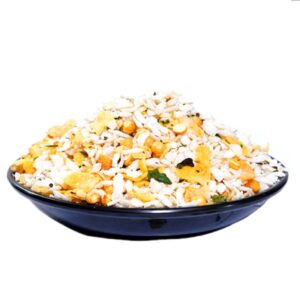
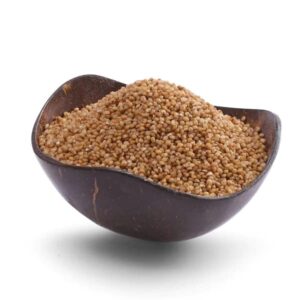
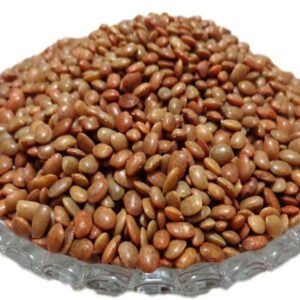
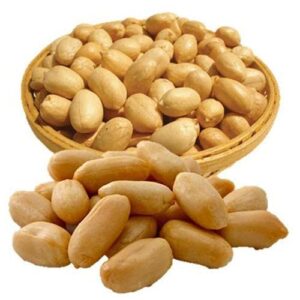
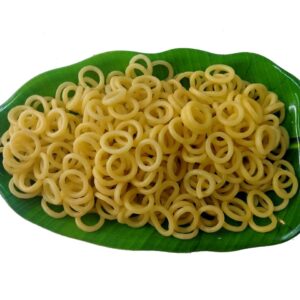
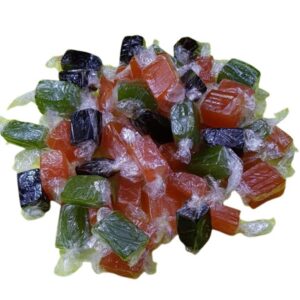
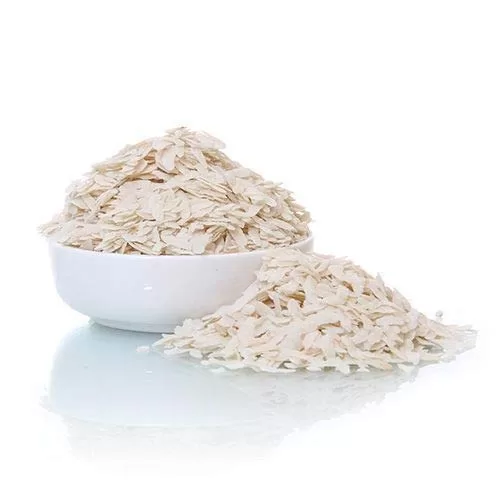




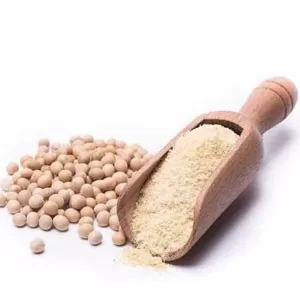
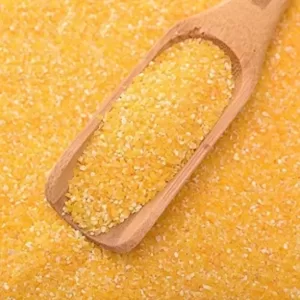
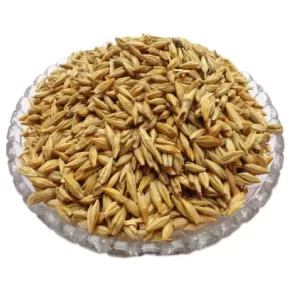
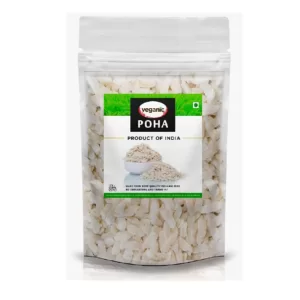
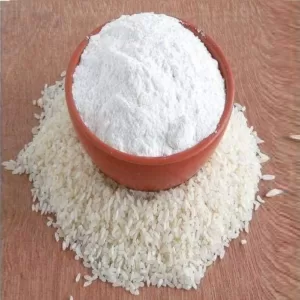
Reviews
There are no reviews yet.